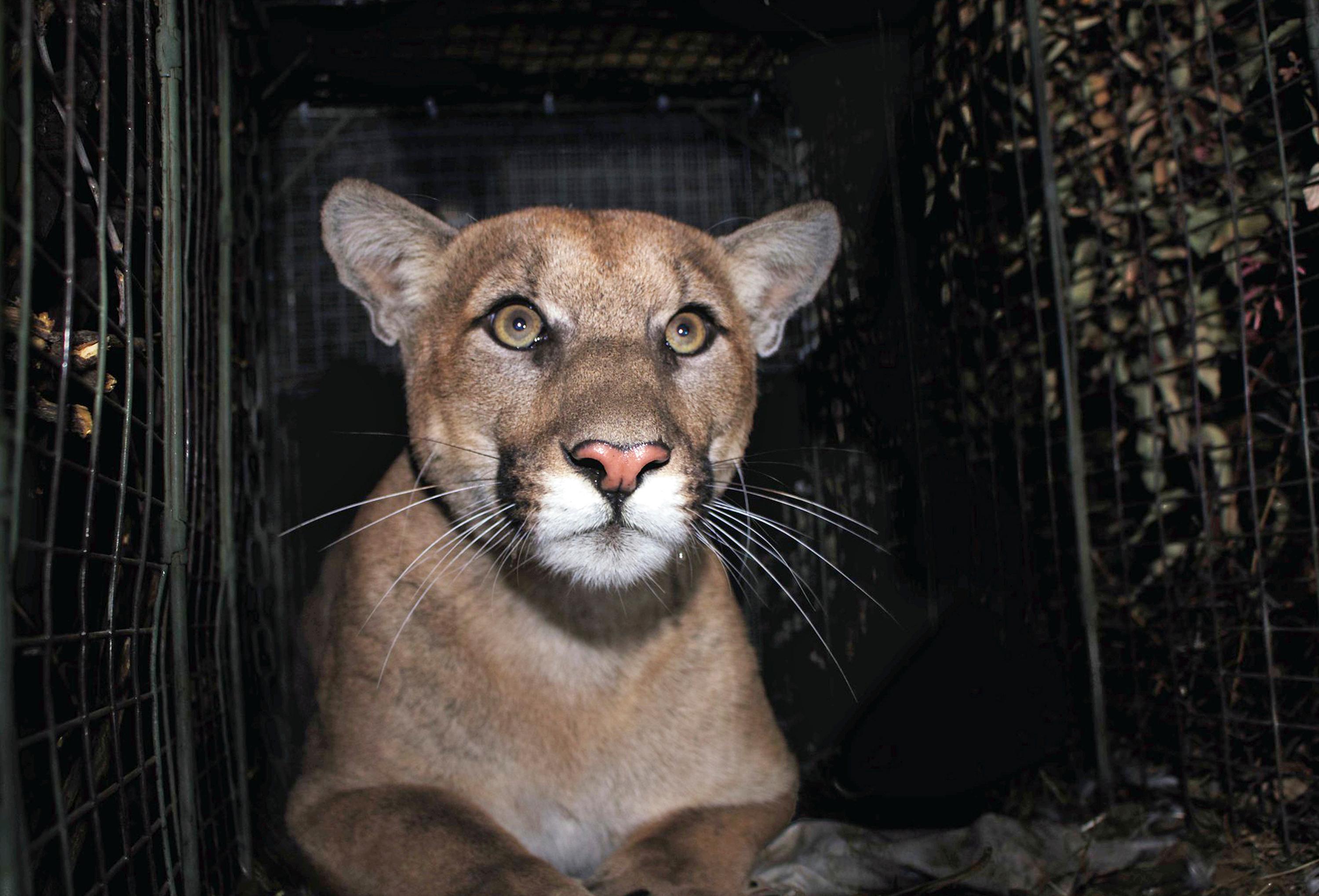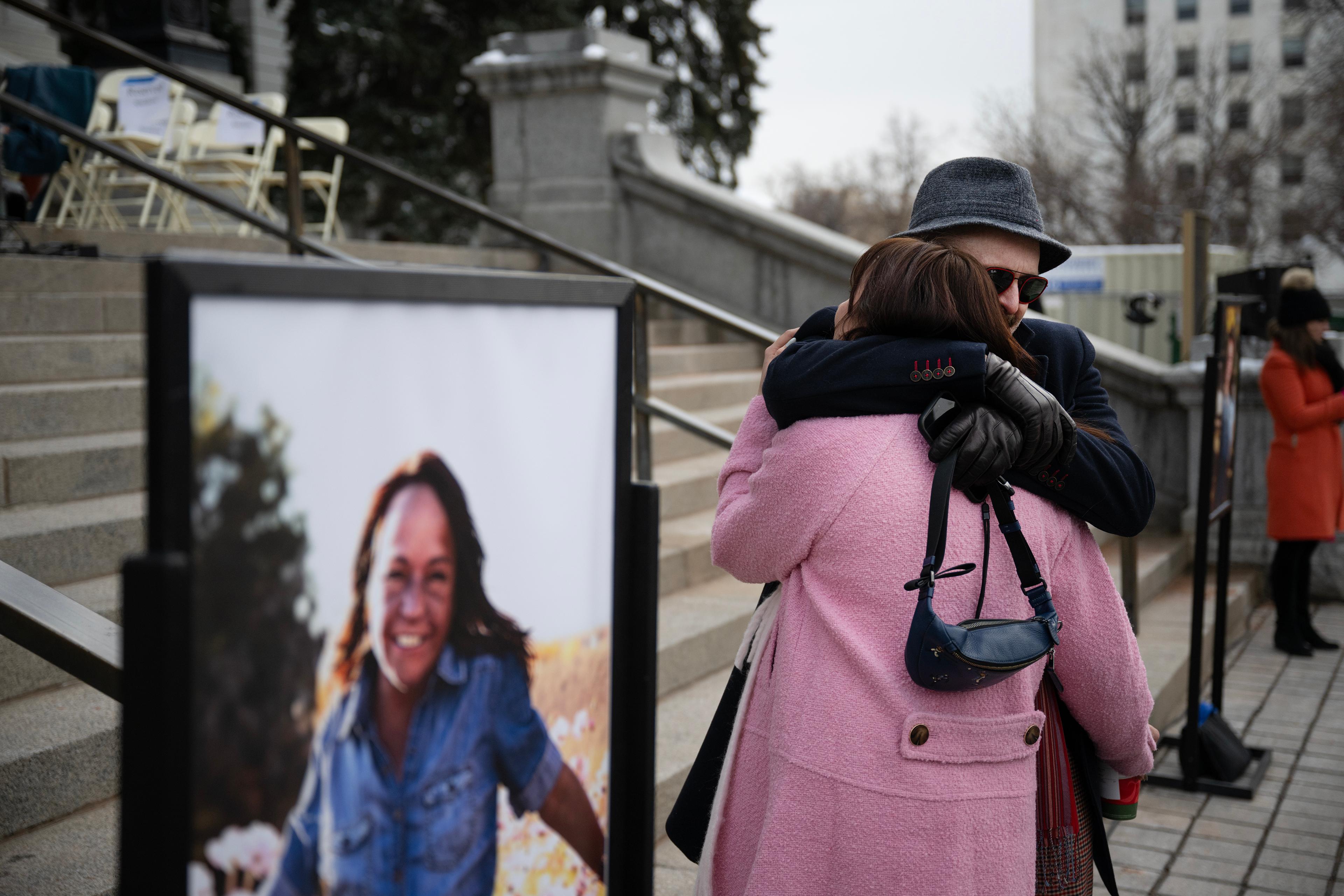
Colorado voters soundly defeated a measure to ban the hunting and trapping of wild cat species in the state. Proposition 127 lost by nearly 11 percentage points on Tuesday and looking at the map of results, one thing stands out in stark relief: the urban/rural divide.
Only six of the state’s 64 counties voted in favor of Proposition 127. Of those six, three were very close — including victories earned by just 37 votes in San Juan County, 48 in Arapahoe County and 404 in Broomfield County.
The result also stands out when compared with another recent high-profile ballot question on wildlife conservation: the 2020 passage of Proposition 114, when Colorado voters narrowly approved the reintroduction of wolves.
Seven counties flipped between the two races, voting for wolf reintroduction and against a proposed ban on big cat hunting just four years later. Those counties range from more populated urban areas like El Paso and Jefferson counties to the more rural La Plata and Pitkin counties.
Dan Gates, who led the opposition campaign against Proposition 127, had predicted in the run-up to the vote that the controversial wolf reintroduction effort would convince voters to reject the hunting measure — and said the results bear that out.
He thinks watching Colorado Parks and Wildlife biologists struggle with livestock attacks from wolves soured voters on removing their full control of other predators.
“(Wolves) were in the news almost every single day for the first five or six months,” Gates said. “There was lawsuits filed and there was very contentious, confrontational meetings that were had, and there was lack of action.”
The team behind Proposition 127 agrees that wolf reintroduction worked against the proposed ban on big cat hunting. Samantha Miller, campaign manager for Cats Aren’t Trophies, said the management of wolf reintroduction has been a “tragedy,” and said she would have voted against that measure if she had been a Colorado resident at the time.
Miller, who now lives in Grand County, said wolf reintroduction and the resulting backlash “has really caused a lot of distrust and a lot of really negative stories around carnivores that has bled out into this campaign.”
The Proposition 127 campaign also generated a lot of negative ads directed at the hunting community, and particular ire was aimed at those hunting mountain lions with teams of hounds.
Supporters regularly touted a study published in a journal from the Society for Conservation Biology that suggested 88 percent of Coloradans opposed hound hunting. Those hunters would arguably have been the most affected by the measure’s passage, as hound hunting in Colorado is almost entirely used for wild cats.
“It was truly a miserable experience to know that your way of life, who you are existentially as a person, was on the line on a ballot measure,” said Justin Angelovich, President of the United Houndsmen of Colorado. “You talk to the experts and you ask them the most safe, effective and controlled way to hunt a mountain lion, and they will tell you it’s behind dogs.”
Supporters of Proposition 127 outraised their opponents this election cycle, nearly $2.3 million to $1.4 million, records show. Miller said the loss still allowed her campaign to spread awareness about the subject and that more than a million Coloradans showed their disapproval of the trapping and hound hunting of wild cat species.
“I see this as more of an intermission, not a concession, that we can look at this in different ways and come back stronger,” Miller said.
Supporters of Proposition 127 said they will turn their efforts to advocate in a more piecemeal fashion before the Colorado Parks and Wildlife Commission, such as encouraging stricter limits on the trapping of bobcats.
Gates “highly” doubted he would be willing to work with Proposition 127 supporters on compromise proposals, saying he had been fighting against the group for years during previous state wildlife commission hearings and an unsuccessful legislative attempt to ban cat hunting in 2022.
“They’ve never tried to compromise. They’ve never tried to negotiate. They’ve tried to circumvent,” he said.
(Correction: an earlier version of this story gave an incorrect year for the passage of Proposition 114.)
- Ban on mountain lion, lynx and bobcat hunting defeated
- In big cat ballot measure, a divide that sees hunting as a foundation of wildlife management or a brutal relic
- Ban on big cat hunting will be on Colorado’s fall ballot
- In big cat ballot measure, a divide that sees hunting as a foundation of wildlife management or a brutal relic









